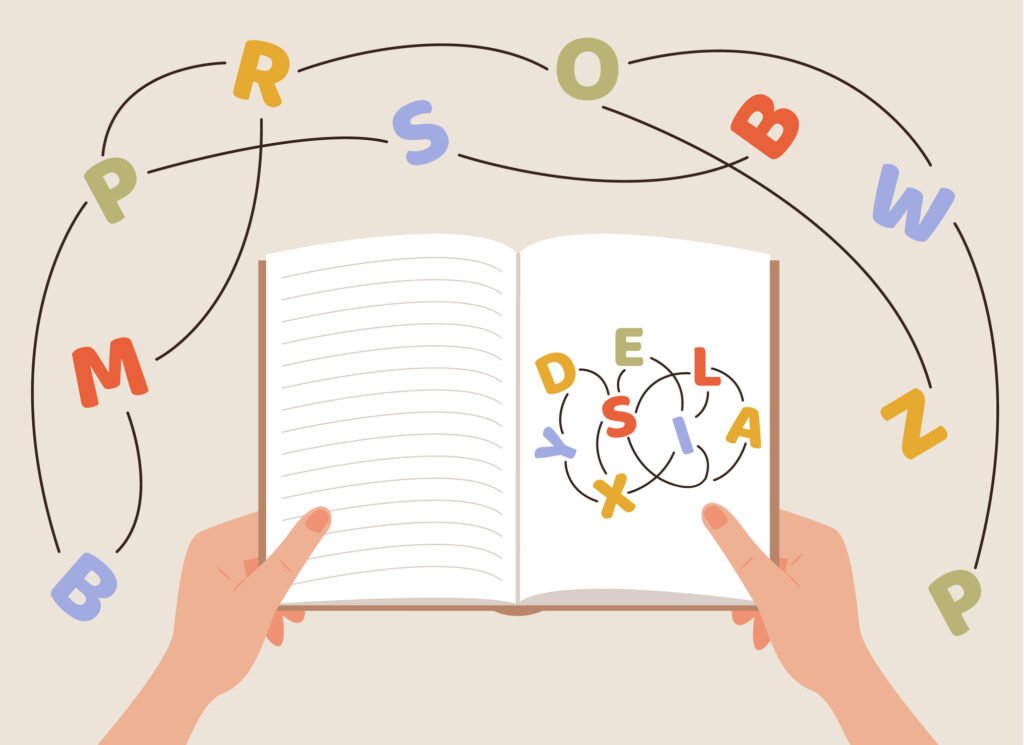October is Dyslexia Awareness Month, and last week (October 3 – October 7) was Dyslexia Awareness Week! We’ve all heard of dyslexia at some point in our lives but what is dyslexia?
Here at VDC, we have a webinar coming up very soon on this very topic! Whilst we won’t be seeking to diagnose anyone in the webinar, we will be looking at the indicators of possible dyslexia and specific learning disorders and discussing simple strategies to accommodate everyone. Click here to find out more about this intriguing, and insightful webinar presented by Karen Dymke.
Why are we wanting to spread awareness for it?
The Australian Dyslexia Association (ADA) puts it rather eloquently:
“Dyslexia is not a disease! The word dyslexia comes from the Greek language and means difficulty with words. Individuals with dyslexia have trouble with reading and spelling despite having the ability to learn. Individuals with dyslexia can learn, they just learn in a different way. Often these individuals, who have talented and productive minds, are said to have a language learning difference.”
They also explain exactly what people with dyslexia are coping with:
“…Dyslexia is not a problem with comprehension. Individuals with dyslexia are able to use higher level language skills to support their reading and this ability to ‘compensate’ may mask their underlying difficulties with single word reading. The central difficulty for a student with dyslexia is to convert letter symbols to their correct sound (decode) and convert sounds to their correct written symbol (spell)…”
So, individuals with dyslexia struggle with learning what sounds correspond with what letters, and how to turn those letters into the correct words. They also have difficulty with reading single words and have a lack of accuracy when they read. They often read very slowly to make up for this and can have poor spelling. Although, functions like autocorrect are extremely helpful.
But with all of these downsides, surely there must be upsides right?
The strengths of dyslexia
One can’t assume that the challenges someone faces in one area automatically means they struggle in others. There is research supporting that individuals with dyslexia can and do excel in many ways that may surprise us! As the ADA says:
“Often individuals with dyslexia are very capable so whilst the challenges need to be addressed, there is a very high need to identify and cultivate their strengths whilst minimising their weaknesses”
Some of the cognitive differences that dyslexic individuals display may actually confer advantages for some kinds of thinking or encourage them to find different paths to learning.
Some of the differences that people with dyslexia have been actually advantageous and encourage thinking outside of the box! After all, when we struggle with something, don’t we come up with ways around the issue?
As listed by the ADA, here are some strengths that can come with dyslexia:
- Problem Solving
- Analytic thinking
- Creative thinking
- 3-D construction
- Finding different strategies
- Seeing the big picture
- Insightful thinking








